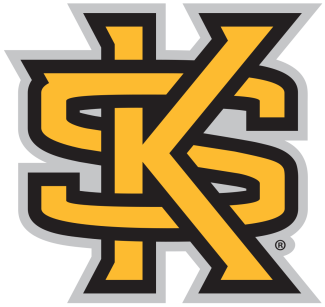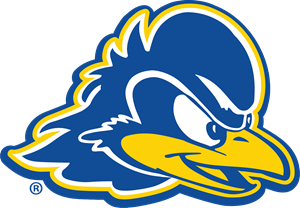Due to the intensely physical nature of the game, the U.S. and Canada combined to commit 12 penalties, sometimes simultaneously. The U.S. went two men down at one point in the second quarter — with non-releasable slashing penalties assessed to midfielder Jake Bernhardt and defenseman Tucker Durkin — and managed to escape with allowing only one goal by midfielder Ben McIntosh. It was the only extra-man goal Canada scored during the game.
U.S. assistant coach Tony Resch worked with the man-down unit in recent days after struggling against the Iroquois in the tournament opener Thursday.
“Tony Resch has done a terrific job. He’s our resident intellectual,” Danowski said. “And he gets man-down defense. It takes time. You need to be in game situations.”
Said Galloway: “For us to finally get on the same page in a moment like that against a team that skilled, to be able to get a stop, I think it just gives us a lot of confidence moving forward.”
Game officials turn the stick of U.S. faceoff specialist Greg Gurenlian upside-down as the ball remains pinched inside, resulting in a penalty late in an 11-10 win over Canada on Sunday.
Moving forward was the theme after Sunday’s win, the celebration subdued. The U.S. players know all too well how this series has gone back and forth since 2006. In the last three world championships (2006, 2010 and 2014), the team that won the Canada-U.S. game during the round robin went on to lose in the championship. Canada ultimately prevailed in 2006 and 2014.
“For us, this is just a big game to go 3-0. It has nothing to do with the opponent,” said Galloway, who made eight saves, including five in the first quarter. “People get caught up in this matchup, but the reality is we’re trying to put ourselves in a great position for the medal round, and this game was just another step.”
Galloway’s hot hand early allowed the U.S. to mount a 6-2 lead behind six different goal scorers.
But Ward, the MVP of the 2014 world championship, was just as good. He also made five stops in the first quarter and finished with 12 for the game.
It was only a matter of time before Canada’s offensive talent took over. As it did in 2014, Canada expertly mixed long possessions — prompting stall warnings on five different occasions in which it was forced to keep the ball in the offensive box — with quick transition strikes, precise passes into tight windows and spectacular one-on-one athleticism.
Curtis Dickson and Wesley Berg both were able to isolate short sticks on the left wing, dive across the face of the goal and score during a 4-1 fourth-quarter spurt that culminated in McIntosh converting a Matthews feed from behind to put Canada ahead 10-9 with 5:08 remaining.
It was the Canadians’ first lead of the game. Moreover, U.S. defenseman Jesse Bernhardt committed a penalty on the play with an illegal body check.
Canada won the ensuing faceoff and got a terrific look for Dickson in front, but Galloway made a sprawling save as he hit the ground.
The U.S. exchanged its man-down unit for its first midfield, consisting of Rabil, Matt Danowski and Tom Schreiber. After attackman Rob Pannell drew a slash on Canada’s Jason Noble while dodging from behind, he passed the ball to Rabil on the left side inside the restraining line. Rabil swung it to Danowski in the right alley. Danowski, denied twice by Ward when he attempted to shoot low earlier in the game, caught the ball, set his feet and uncorked a low-to-high laser that went over Ward’s left shoulder and into the net to tie the game at 10 with 3:03 left.
“Dropping my hands, I’m sure the big man doesn’t love it, but it kind of just happened,” said Matt Danowski, John’s son. “I didn’t really think about it too much. I wanted to catch it and let it ride. Happy that it went in, so I don’t have to hear it in the film session.”
Gurenlian won the next faceoff, but the U.S. turned the ball over on a man-up opportunity. Canada gave it right back when long pole Graeme Hossack tried to throw across his body in transition and sent the ball out of bounds — setting the stage for Rabil’s game-winning goal and Fletcher’s game-saving slide.
That the team’s three oldest and most veteran players — Danowski, 32; Rabil, 32; and Gurenlian, 34 — played such significant roles in such big spots bodes well for the U.S. as it eyes a potential rematch with the Canadians in five days.
“Guys stayed cool, stayed in the moment,” Matt Danowski said. “The staff challenged me personally on that, to stay composed, not to get too high or too low.”
Rabil, embracing his role as a facilitator, finished with a goal and three assists. Attackman Ryan Brown and long-stick midfielder Michael Ehrhardt continued their strong starts to the tournament with a team-high three goals and a game-high six ground balls, respectively. Danowski and Pannell scored two goals apiece.
The U.S. (3-0) continues pool play Tuesday against Scotland (2:45 p.m. Eastern on ESPN+), while Canada (2-1) will play the Iroquois (2 p.m. Eastern on ESPNU).


























































